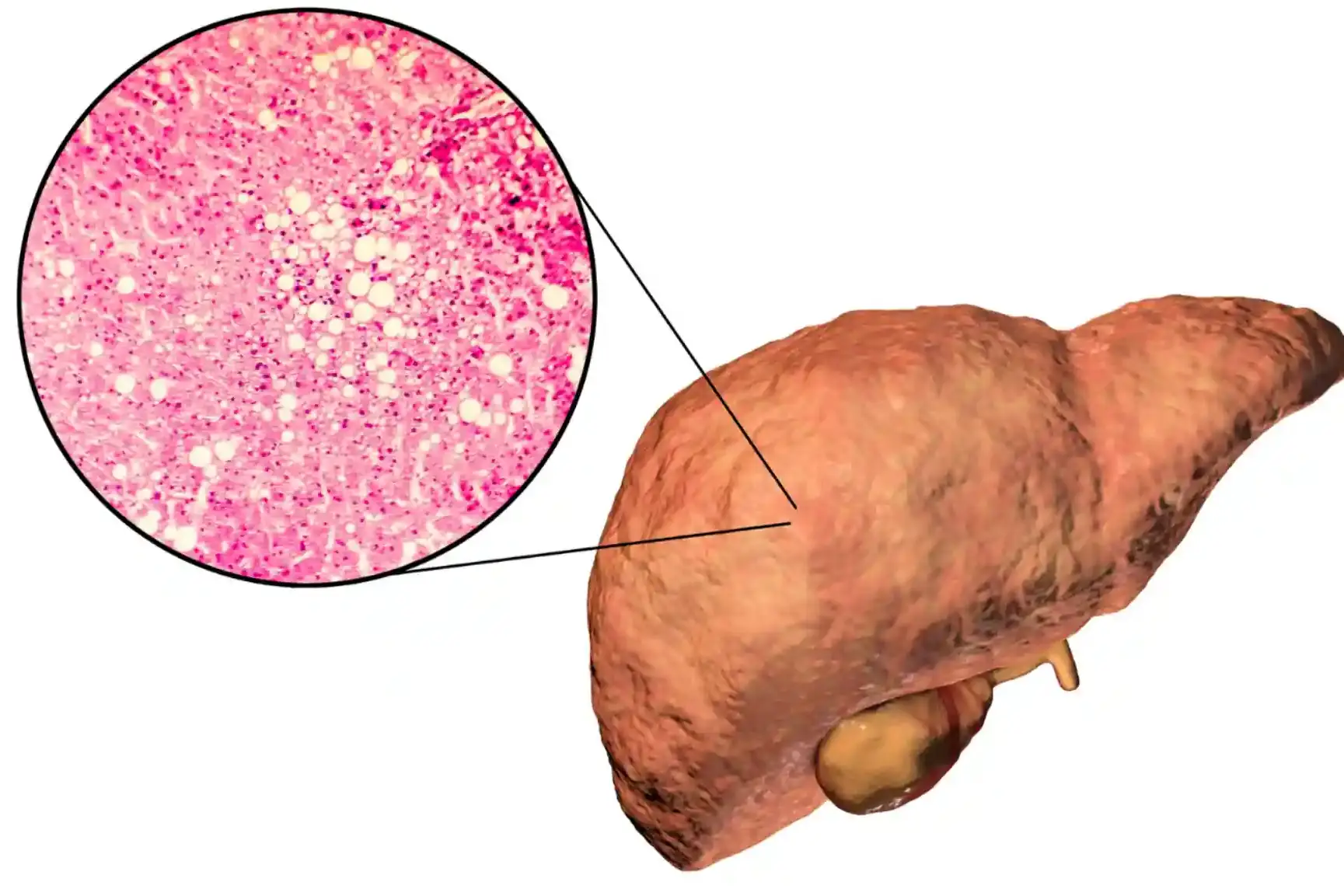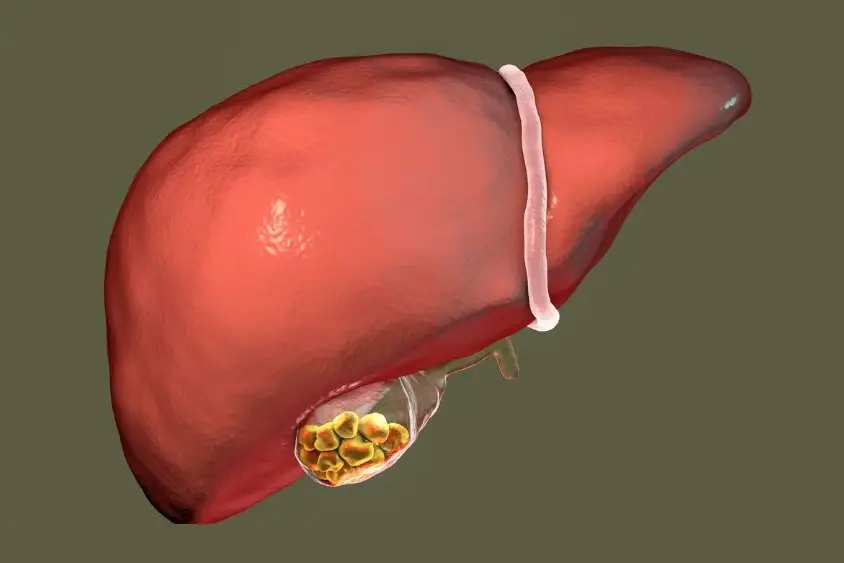BACTERIA PROTECT AGAINST ALLERGIES
Some bacteria protect us from allergies, and then some cause allergic reactions. Here, we are going to talk about the latter.
SYMPTOMS OF BACTERIAL ALLERGIES
Symptoms of bacterial allergy depend upon the area of the body that is being attacked. Fever, chills, sweats, swollen lymph nodes, swollen lymph nodes, sudden worsening of pain, unexplained exhaustion, headache, soreness or swelling of the skin, nausea, vomiting or diarrhoea, abdominal pain.
- Gut Microbiome and Allergy Symptoms:’ Microbiome’ means the microorganisms that live on or inside other microorganisms and can be harmful as well as beneficial to the body. They usually inhabit the gut. Food intolerance is caused by some imbalance in the microbial environment. To ensure that our gut is healthy, we must ensure that the harmful bacteria do not outnumber the beneficial bacteria. If you have a gut allergy, contact your doctor so that he can identify the allergy and prescribe you some medicine.
- Gluten is another reason for many people to develop an allergy. People with celiac disease have to completely steer clear of gluten in their diet. You can indulge in gluten occasionally, but it would be up to you if you are willing to take a risk with your digestive system.
- Genetics is another reason for food allergy. In East Asian cultures, lactose intolerance is more common as compared to other cultures. You might see or feel some signs and symptoms that your body is not taking a food item well like an upset stomach, stuffy nose, a red flush, weight fluctuation. These food items affect your gastrointestinal tract and your entire body in a negative way.
HOW TO DEAL WITH GUT ALLERGIES
- Dietary Changes: Having some food allergy or intolerance does not in any way mean that you have to stop eating delicious food or in a way stop enjoying life, it simply means that you have to make certain dietary changes. Avoid things that trigger the symptoms in you. This is the easiest way that you can deal with gut allergies. It is a fact that people with a healthy gut microbiome are less likely to develop food allergies.
- Lifestyle Changes: Our lifestyle has a big role to play in our gut health. People who keep their food restricted to a certain type are more prone to get allergies, for obvious reasons. People who do not exercise or spend time outdoors are also more prone to allergies.
- Improve your gut health: The best thing that you can do for yourself is cut out processed foods from your diet and replace them with gut-healthy food. Avoid popping antibiotics for everything wrong in your body, have them when necessary. Have food that is diverse in nutrients, including probiotics in your diet.
- Lower your stress levels: Sometimes feeling too stressed can affect your gut, so take out time to do what makes you happy, go for a walk, meditate, or get a massage.
- Get enough sleep: Having 7-8 hours of sleep is very important for your body. Being sleep-deprived can lead to digestive problems.
HOW DO BACTERIA DEFEND THEMSELVES AGAINST VIRUSES?
Bacteria have their own viruses to deal with. Bacteria have an immune system to defend them. Some of these mechanisms developed by the bacteria include absorption blocking, uptake blocking, abortive infection, restriction-modification, and the CRISPR-Cas gene editing program. Bacteria that fight viruses are commonly called macrophages. Bacteria have an array of anti-phage immune systems so they can fight back against plague caused by viruses. CRISPR-Cas induces a reaction to fight the plague and captures a part of the invading virus’ DNA so that it can create a memory of it, in case of another invasion because there are some bacteria that tend to forget their infection past. CRISPR-Cas immune system was discovered only a decade ago, half of the bacteria known to mankind have it. It is highly adaptive and destroys viruses by infection. Viruses cannot survive without a host so they need to keep attacking and eventually replicate.
SEASONAL ALLERGIES
An allergy is nothing but an overreaction by your immune system. Seasonal allergies are caused by our immune system’s response to pollen, ragweed, grass, and other harmless substances that are in the environment. When our immune system sees a threat, it releases a response in the form of seasonal asthma, hay fever. Seasonal allergies are very easy to spot, runny nose, sneezing, and redness in the eyes are common symptoms. If you have difficulty breathing, it’s time to see a doctor because if left untreated, it can turn into a chronic illness.
Keeping your gut health under check is another way to keep allergies at bay. Being too clean can also be detrimental to our immune system in the long run. Using too many hand sanitisers, antibacterial soaps, and germ-killing products can make the gut too hygienic and our immune system becomes used to doing nothing hence, making it more prone to attacks by viruses.
Leaky Gut Syndrome is another major reason for us to develop allergies. It happens when the walls of our small intestine become so thin and weak that it is unable to block food particles or toxins in our bloodstream. It happens because of excessive consumption of sugary foods, alcohol, or processed foods. So, exercising and having a diet rich in fibre is a must.
DISEASES CAUSED BY BACTERIA
- Cholera: It is caused by a bacterium called Vibrio Cholerae. This disease occurs because of unsanitary conditions. Contaminated water is a common cause of Cholera.
- Pneumonia: Its symptoms include difficulty in breathing, cough, fever, etc.
- Typhoid: It is common in third-world countries. It occurs when the bacterium that stays in the human body comes in contact with the person. Its symptoms include the spleen, enlarged liver, diarrhoea, headache, and constipation.
- Dysentery: It is a commonly occurring intestinal inflammation. Just like Cholera, it is spread because of contaminated water and food. Symptoms include pain, diarrhoea, high fever, etc.
Dr Nivedita Pandey is a Gastroenterologist and Hepatologist who is based in New Delhi and has completed her advanced studies in the U.S. She chose to leave the U.S. and work in her own country and is known for her unique holistic approach to healing.
About The Author

Medically reviewed by Dr. Nivedita Pandey, MD, DM (Gastroenterology)
Senior Gastroenterologist & Hepatologist
Dr. Nivedita Pandey is a U.S.-trained gastroenterologist and hepatologist with extensive experience in diagnosing and treating liver diseases and gastrointestinal disorders. She specializes in liver enzyme abnormalities, fatty liver disease, hepatitis, cirrhosis, and digestive health.
All content is reviewed for medical accuracy and aligned with current clinical guidelines.
About Author | Instagram | Linkedin





